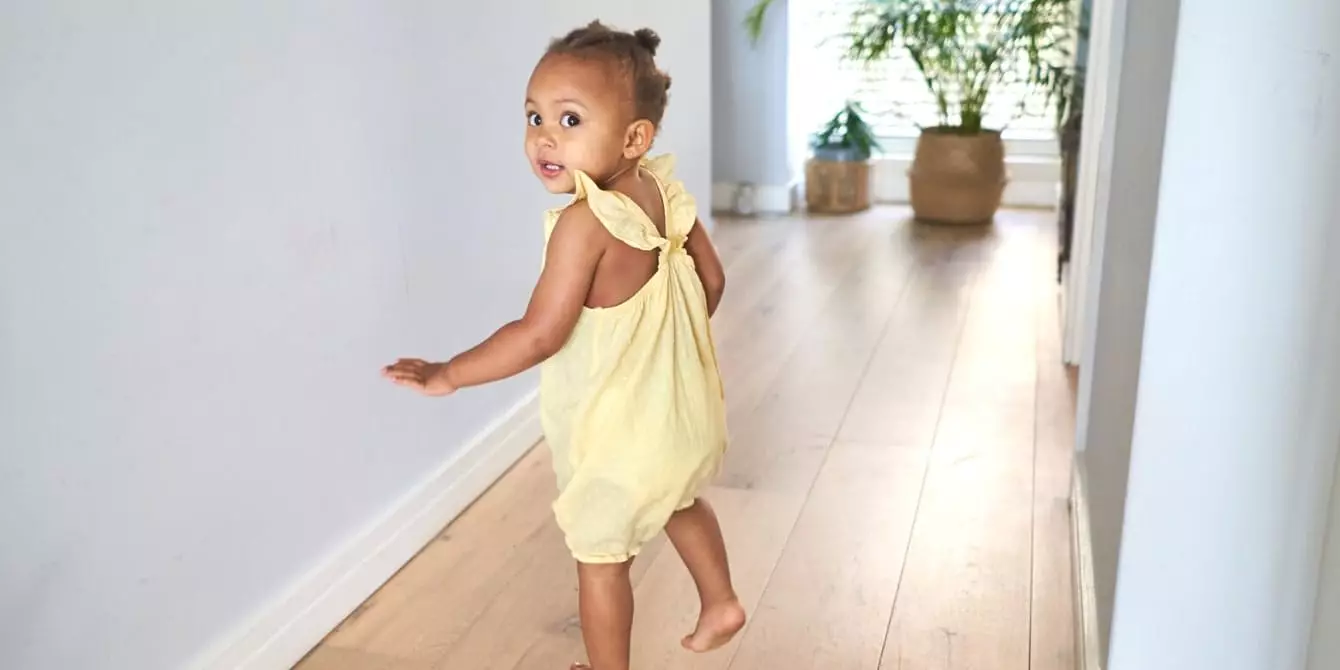As your child reaches the 18-month milestone, you might find it stunning how quickly time has flown. This period is characterized by remarkable growth in curiosity and motor skills, along with a newfound ability to engage more actively with the world. While keeping a toddler occupied can prove challenging, diversifying activities can enhance their sensory experiences and developmental skills. This article explores several engaging activities tailored specifically for children at this delightful age, ensuring they’re as enjoyable for you as they are enriching for your little one.
First and foremost, imagination is a powerful tool in a toddler’s development, and creative play is an excellent way to harness it. A simple cardboard box can become an adventurous spaceship, a regal castle, or a speedy car with just a few crayons or kid-friendly markers. This activity not only stimulates artistic expression but also promotes fine motor skills as they grasp the writing tools and control their movements. Encourage your child to decorate the box while discussing the various journeys they could embark on, enriching their vocabulary and cognitive connections in the process.
One of the simplest yet most effective activities is taking your toddler on a nature walk. Allow them to explore their surroundings fully, gathering leaves, pebbles, or flowers. This adventure nurtures their curiosity and helps them learn about the world around them. By encouraging conversations about what they find, you enhance their vocabulary as well as their appreciation for the environment—an essential foundation for caring about nature in the future.
Who can resist the allure of baking? Your toddler will delight in assisting you in the kitchen. Activities like stirring batter or placing muffin cups in a tin not only provide sensory experiences but also teach them about cause and effect as they watch the transformation from raw ingredients to delicious baked goods. The sweet smells that fill the kitchen serve as an additional sensory reward, making the whole process gratifying for both parent and child.
Physical play is vital for the development of gross motor skills. Creating an obstacle course in your home or yard can offer endless fun and exercise. Use household items like pillows for jumping, chairs for crawling under, or a beam for balancing. Adjust the challenge level by asking your toddler to complete the course at different speeds or forming different movements. This activity not only fosters bodily awareness and coordination but also supports their ability to follow instructions.
Music is another fantastic avenue for development. Toddlers often enjoy rhythmic tunes and movement. Curate a playlist of lively songs and build in moments for you and your child to dance and express yourselves. If attending a community music class isn’t possible, consider instruments you can use at home, or enjoy fun activities like freeze dance. These musical interactions provide not only joy but also an opportunity for them to understand rhythm and develop auditory skills.
Role-playing can aid in developing social skills and empathy. Encourage your toddler to act as a doctor or veterinarian, caring for their stuffed animals. Through this make-believe, they learn to nurture and relate to others’ feelings, as well as grasp real-world concepts in a playful context. Such scenarios promote emotional intelligence, preparing them for social interactions with peers later on.
Transforming everyday chores into learning experiences can be incredibly effective. Invite your 18-month-old to assist with simple tasks like sweeping, watering plants, or organizing toys. Giving them small responsibilities not only fosters independence but also builds their confidence as they contribute meaningfully. The sense of accomplishment from these tasks reinforces positive behavior while teaching them about responsibility.
Utilizing animal figurines alongside picture books can boost cognitive development. Have your child match the figures to their corresponding images in a book, fostering cognitive recognition and sorting skills. Additionally, bath time can become a learning adventure by incorporating foam letters and encouraging your child to identify each one. This transforms a daily routine into a valuable educational experience.
Investing in interactive toys that leverage cause-and-effect learning can also provide endless engagement. For instance, toys like busy boards or ramps with rolling figures encourage fine motor skills while fostering problem-solving abilities. Such toys appeal to a toddler’s natural curiosity and desire to explore, keeping them engaged while they learn foundational concepts.
The journey through these formative months can be both rewarding and thrilling. Embracing diverse activities not only enhances your toddler’s developmental journey but also strengthens the bond between parent and child. By incorporating creativity, exploration, music, role-playing, and responsibility into your daily lives, you can provide a rich, stimulating environment that supports their growth in every way possible.

